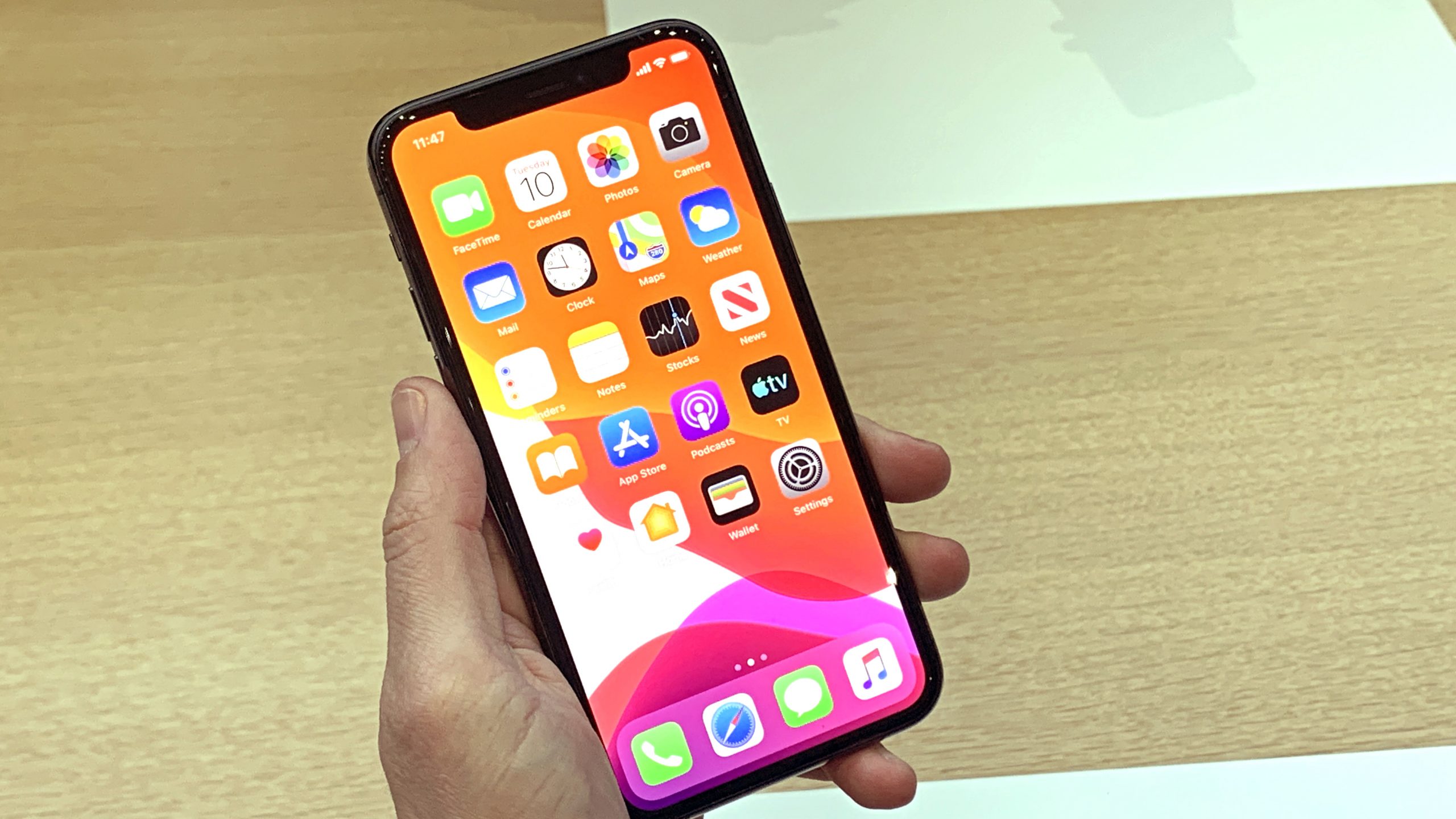The possibility of the iPhone 12 being the first 5G iPhone started off looking unlikely, but more and more rumors started hinting that all phones released by Apple at the end of the year might have 5G connectivity.
News recently broke, however, that as well as the four 5G iPhone 12 models there may also be two models(supposedly variants of the iPhone 12 and iPhone 12 Max) that might have 4G versions released too, with lower prices.
While this news seems a bit dubious, given the leaker has never leaked anything before, it got lots of people excited at the prospect of a 4G iPhone 12 that’s supposedly way cheaper than the current iPhone 11.
Even if this 4G iPhone 12 does end up being released, you shouldn’t be so quick to lap it up, and there are reasons you might want to consider spending a little bit more to get the 5G equivalent instead. Let’s explore why.
iPhone 12 future-proofing

Tech writers often use the word ‘future-proof’ to describe a technology, or product with that technology, that will keep on being relevant and useful for years after you’ve bought it.
For example, USB-C is future-proof because it will likely continue being a tech standard for years to come. The older microUSB technology isn’t future-proof, because few gadgets or chargers support it any more.
When you’re buying a new gadget you don’t want it just to work straight away, but you also want it to keep functioning for years afterwards. To that point, the average ‘life’ of a smartphone is two-and-a-half years, and some people will keep their handsets for five or more years.
There’s no use buying a product which will swiftly stop being useful halfway through its lifecycle. A 4G version of the iPhone 12 wouldn’t be future-proof, same as any 4G phone in 2020, because in a few years, 5G is likely to become a vital piece of technology. That might sound like a contentious statement, so let’s dig in further.
5G won’t be useless forever

Right now, 5G isn’t a hugely big deal because few people have 5G phones and not many countries have comprehensive enough 5G networks that you can reliably connect to 5G. In fact, the TechRadar phones team has to often have to go out of their way to find 5G signal in order to test 5G smartphones.
5G won’t always be this difficult to find though, and when coverage is better and more people have the 5G-capable phones, there will be more ways of utilizing the high-speed, reliable internet connection compared to what’s possible right now.
Consider this: when 4G first launched, many people said it wouldn’t be very useful. Fast-forward almost ten years: the apps we use today make the most of this form of connection; everything from playing games to posting photos to ordering food.
It’s likely 5G will go through the same growth spurt, and it probably won’t be too long until apps that need 5G connectivity start being developed and released. So if you’re buying a new 4G iPhone, and expect to hold on to it for a while, you might find yourself disappointed a few years down the line when you’re missing out on all the hot apps.
Instead, we may recommend that some potential buyers splash out a little bit more on the 5G iPhone – it’s rumored to only be $100 more expensive. Or, if you want, you can buy a cheaper Android 5G phone, which will likely last you a long time.
A third option is buying an older iPhone, as its cheap price will mean you won’t feel the pressure to keep a hold of it for longer. We’ll list some prices for those below so you can check them out.
Today’s best Apple iPhone SE (2020), Apple iPhone XR and Apple iPhone 11 deals
iPhone XR 64GB
No contract
Unlimited mins
Unlimitedtexts
Unlimiteddata
Texts:
Domestic & International Text to/from select countries
Data:
Users may notice reduced speeds during congestion / 3G-speed mobile hotspot
iPhone 11 64GB
No contract
Unlimited mins
Unlimitedtexts
Unlimiteddata
Texts:
Domestic & International Text to/from select countries
Data:
Users may notice reduced speeds during congestion / 3G-speed mobile hotspot
